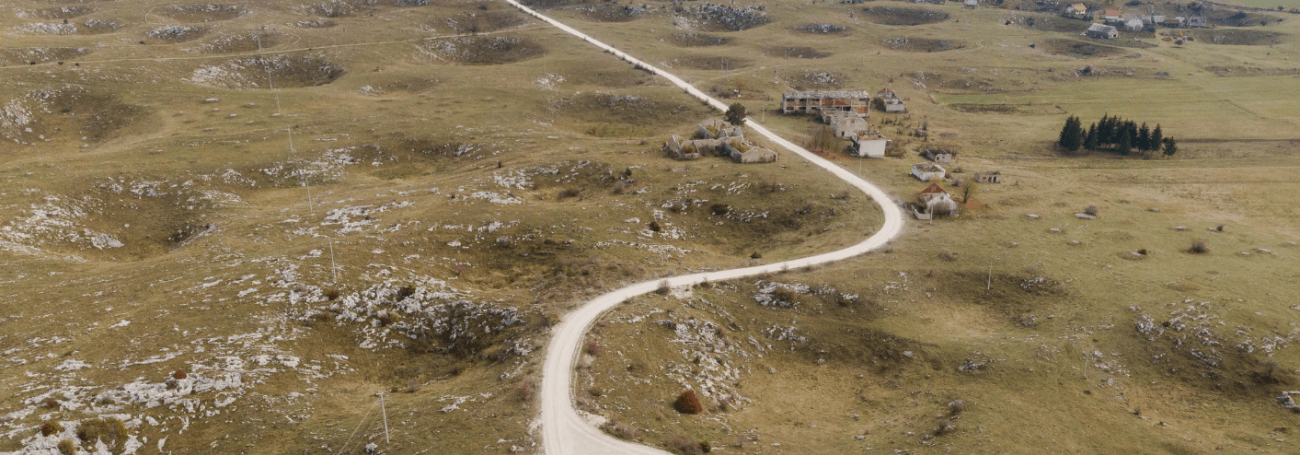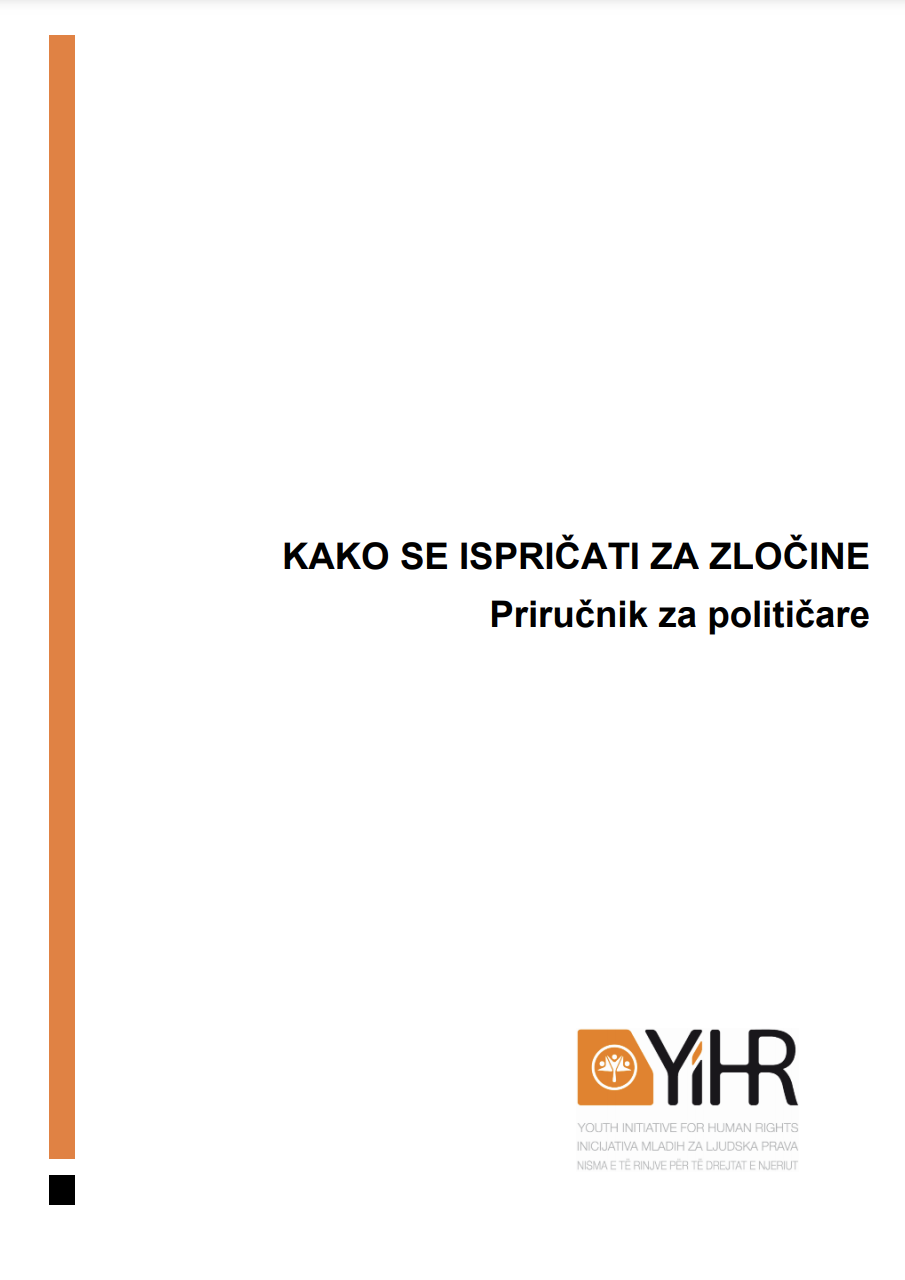
In the aftermath of the great atrocities, restorative processes are still rarely strategically used to address the harm and to support people to regain a sense of safety, dignity and respect. Without such processes, the rhetoric of blame and victimisation perpetuate polarisation and shape collective memory of a perennial struggle — of ‘us’ versus ‘them’ — and the verdicts of international criminal justice mechanisms in the mindset of ordinary people become just one more way ‘our boys’ are unjustly accused and incarcerated.


